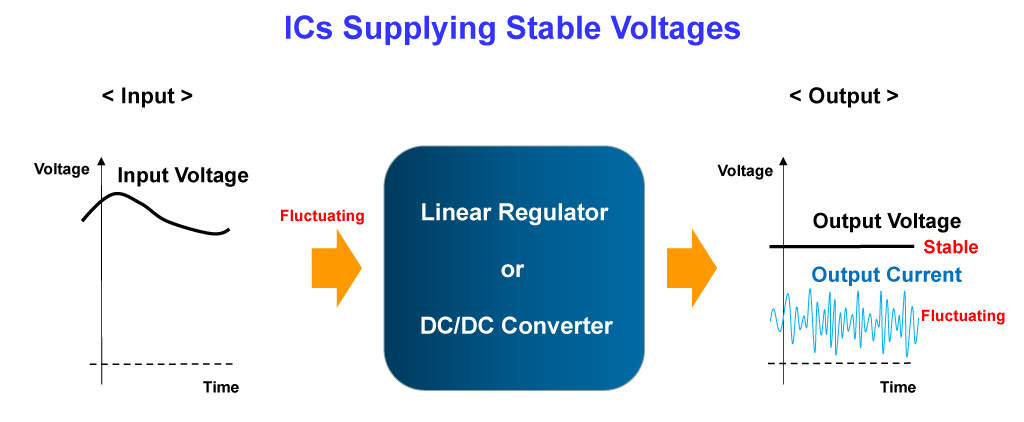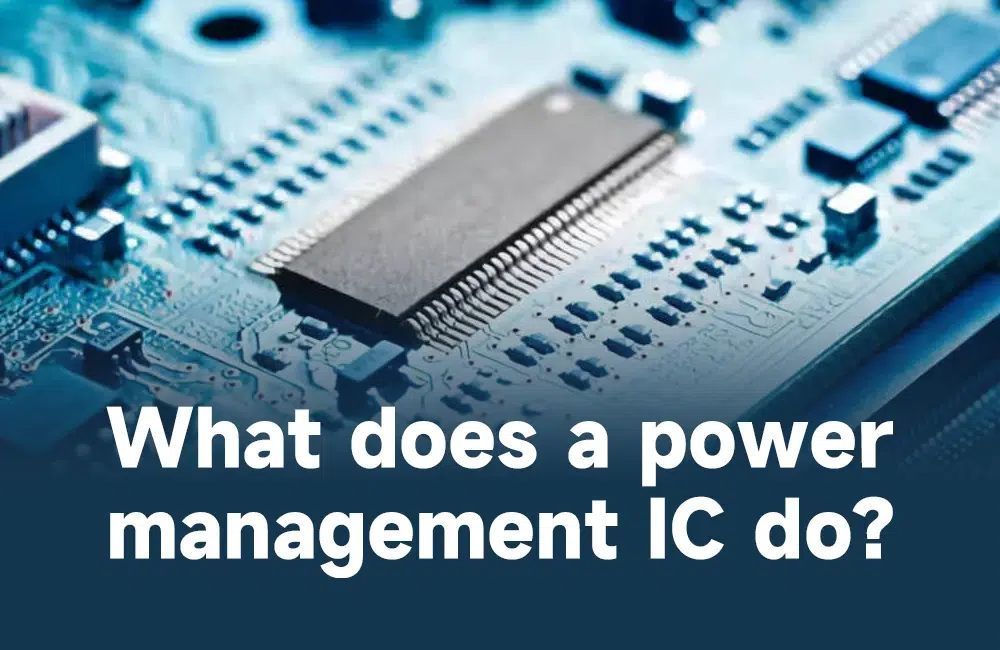
Today, with global energy consumption increasing day by day, improving energy efficiency has become a common goal for all walks of life. In this context, the importance of general purpose power management integrated circuits (PMICs) has become increasingly prominent. These tiny yet powerful components not only play a key role in modern electronic devices but also show great potential in driving the energy efficiency revolution.
General Purpose Power Management ICs are a class of integrated circuits specifically designed to manage power in electronic devices. They ensure that equipment can operate at peak efficiency by optimizing energy distribution and consumption. These ICs often perform multiple functions, including voltage regulation, current control, battery charge management, power supply serialization, etc., making them an indispensable component of modern electronic designs.
As technology continues to advance, General Purpose Power Management ICs have evolved from simple power management components to complex system-level solutions. Not only do they improve a device's energy efficiency, they also extend battery life and reduce heat generation, thereby improving overall device performance.
In the fields of mobile communication devices, wearable technology, Internet of Things (IoT) devices, etc., the role of General Purpose Power Management ICs is particularly important. As these devices become smaller and more powerful, the requirements for power management increase. Efficient power management ICs can help designers implement more complex power management strategies within limited space, ensuring that devices can operate with low power consumption while maintaining high performance.
In addition, with the global emphasis on renewable energy and environmental protection, the application of General Purpose Power Management ICs in green energy solutions is also increasing. In solar power generation, wind power generation and other systems, efficient power management ICs can optimize the energy conversion and storage process, improve the overall energy efficiency of the system, and accelerate the commercialization process of renewable energy technologies.
However, despite the potential of General Purpose Power Management ICs, there are several challenges in realizing the full capabilities of these components. First, as the functions of electronic devices increase, power management becomes more and more complex, which requires power management ICs to have higher flexibility and configurability. Secondly, as the size of devices decreases, power management ICs also need to achieve higher integration in smaller packages, which places higher requirements on the manufacturing process.
In order to meet these challenges, the industry is constantly promoting technological innovation. On the one hand, by using advanced semiconductor processes, such as FinFET processes, higher integration and performance can be achieved in smaller packages. On the other hand, by introducing intelligent control algorithms and machine learning technology, the flexibility and intelligence level of power management ICs can be improved and more refined energy management can be achieved.

Looking to the future, with the development of technologies such as 5G, artificial intelligence (AI), and the Internet of Things (IoT), the demand for General Purpose Power Management ICs will further grow. These technologies will not only promote the technological progress of power management ICs, but also bring us more efficient, smarter, and more environmentally friendly electronic devices. General Purpose Power Management ICs are at the forefront of the energy efficiency revolution, and their development will largely shape the future of the electronics industry.

 English
English






